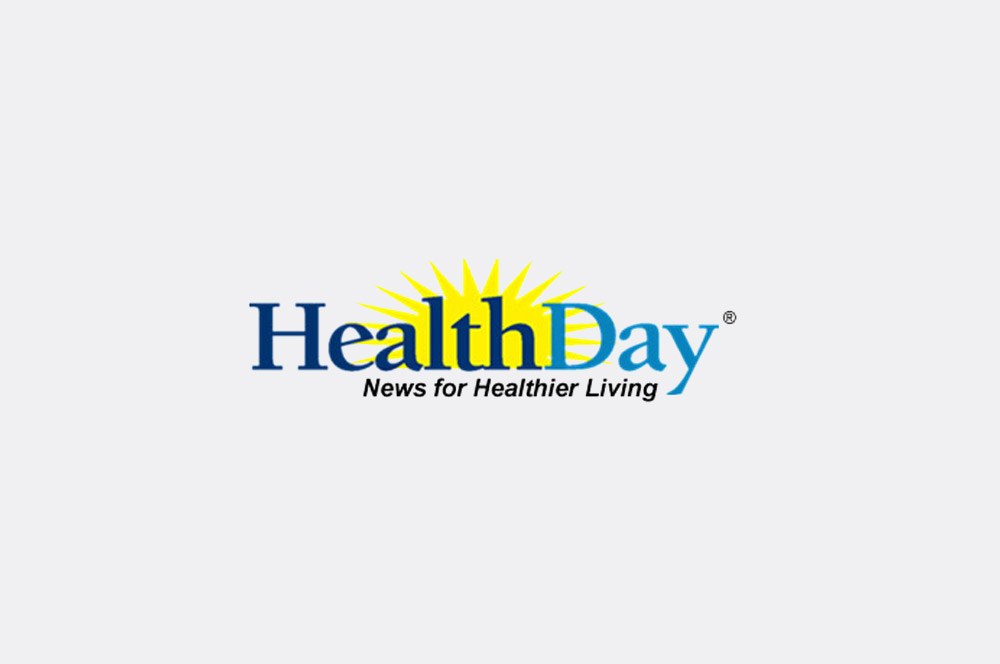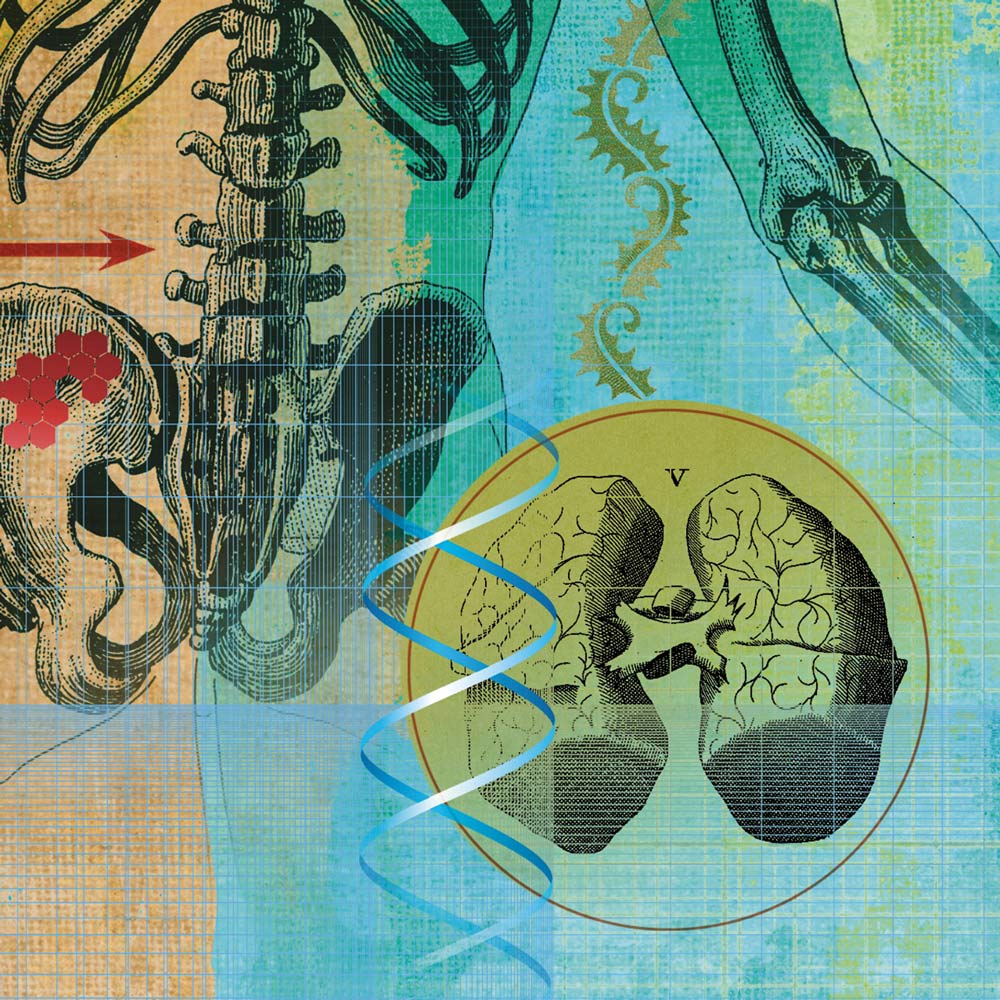The Role of Mendelian Randomization Studies in Deciphering the Effect of Obesity on Cancer.
Fang Z, Song M, Lee DH, Giovannucci EL.
J Natl Cancer Inst. 2022 03 08. 114(3):361-371. PMID: 34021349
My primary research efforts focus on how nutritional, hormonal, and genetic factors are related to various malignancies, especially those of the prostate and large bowel. Much of this work is based on the Nurses' Health Study, the Health Professionals Follow-Up Study and the Physicians' Health Study cohorts. For prostate cancer, my work has centered on the role of specific antioxidants, particularly lycopene, and on the potentially deleterious effects of diets high in calcium and dietary fat. In addition to establishing risk factors, we have been interested in understanding etiologic mechanisms that will help provide a solid scientific rationale for preventive strategies. Specifically, I have studied how nutritional factors influence prostate cancer through modulating levels of insulin-like growth factors (IGFs) and binding proteins, insulin, vitamin D metabolites, and steroid hormones. More recently, our work has examined the role of obesity and energy balance in the progression of prostate cancer.
Regarding colorectal cancer, our work in the Nurses' Health Study and Health Professionals Follow-Up Study has established specific modifiable risk factors that contribute to over 70% of colorectal cancers. We have helped establish several factors that increase risk of colorectal cancer, including central obesity, physical inactivity, smoking, and diets high in red and processed meats. We have also hypothesized and demonstrated that some of these factors increase risk through higher insulin and IGF levels. We have also identified potential protective micronutrients, including vitamin D, folate, calcium and vitamin B6. We are testing the efficacy of some of these potentially protective agents, including folic acid, vitamin D, and vitamin B6 in randomized intervention trials.
Finally, we have undertaken the collection of tumor tissue blocks for prostate cancer and colorectal cancer and precursor lesions (adenomas) within the Nurses' Health Study, Physicians' Health Study, and Health Professionals Follow-Up Study. With these specimens, we are identifying specific somatic molecular alterations in tumors. These alterations have been shown to have powerful influences on survival. We are now linking specific nutritional and lifestyle exposures to the probability of possessing certain of these tissue markers among those who develop cancer. Ultimately, we plan to provide the most comprehensive examination of the relations of dietary and other modifiable factors, hormonal factors, genetic susceptibility, and specific molecular endpoints in tumors. The great strength of our unique approach is to have updated and integrated data on all these factors, over up to a 30 year time period.
My research work is mostly funded through the National Institutes of Health (R01's, R21's, R03's, P01), all from the National Cancer Institute. I also have funding from the American Institute of Cancer Research. My major teaching effort has been as an instructor in two courses, Cancer Epidemiology and Nutritional Epidemiology of Cancer at the Harvard School of Public Health. I do not have clinical duties.
Fang Z, Song M, Lee DH, Giovannucci EL.
J Natl Cancer Inst. 2022 03 08. 114(3):361-371. PMID: 34021349
Fang Z, Wu Y, Li Y, Zhang X, Willett WC, Eliassen AH, Rosner B, Song M, Mucci LA, Giovannucci EL.
Am J Clin Nutr. 2021 12 01. 114(6):1925-1935. PMID: 34582546
Zhang Y, Song M, Chan AT, Schernhammer ES, Wolpin BM, Stampfer MJ, Meyerhardt JA, Fuchs CS, Roberts SB, Willett WC, Hu FB, Giovannucci EL, Ng K.
Am J Clin Nutr. 2021 11 08. 114(5):1612-1624. PMID: 34293086
Cashman KD, Kiely ME, Andersen R, Grønborg IM, Tetens I, Tripkovic L, Lanham-New SA, Lamberg-Allardt C, Adebayo FA, Gallagher JC, Smith LM, Sacheck JM, Huang Q, Ng K, Yuan C, Giovannucci EL, Rajakumar K, Patterson CG, Öhlund I, Lind T, Åkeson PK, Ritz C.
Eur J Nutr. 2022 Mar. 61(2):1015-1034. PMID: 34705075
Fu BC, Wang K, Mucci LA, Clinton SK, Giovannucci EL.
Cancer Causes Control. 2022 Jan. 33(1):149-151. PMID: 34626297
Polychronidis G, Wang K, Lo CH, Wang L, He M, Knudsen MD, Wu K, Joshi AD, Ogino S, Giovannucci EL, Chan AT, Song M.
Cancer Epidemiol Biomarkers Prev. 2021 12. 30(12):2346-2349. PMID: 34620626
Julián-Serrano S, Yuan F, Wheeler W, Benyamin B, Machiela MJ, Arslan AA, Beane-Freeman LE, Bracci PM, Duell EJ, Du M, Gallinger S, Giles GG, Goodman PJ, Kooperberg C, Marchand LL, Neale RE, Shu XO, Van Den Eeden SK, Visvanathan K, Zheng W, Albanes D, Andreotti G, Ardanaz E, Babic A, Berndt SI, Brais LK, Brennan P, Bueno-de-Mesquita B, Buring JE, Chanock SJ, Childs EJ, Chung CC, Fabiánová E, Foretová L, Fuchs CS, Gaziano JM, Gentiluomo M, Giovannucci EL, Goggins MG, Hackert T, Hartge P, Hassan MM, Holcátová I, Holly EA, Hung RI, Janout V, Kurtz RC, Lee IM, Malats N, McKean D, Milne RL, Newton CC, Oberg AL, Perdomo S, Peters U, Porta M, Rothman N, Schulze MB, Sesso HD, Silverman DT, Thompson IM, Wactawski-Wende J, Weiderpass E, Wenstzensen N, White E, Wilkens LR, Yu H, Zeleniuch-Jacquotte A, Zhong J, Kraft P, Li D, Campbell PT, Petersen GM, Wolpin BM, Risch HA, Amundadottir LT, Klein AP, Yu K, Stolzenberg-Solomon RZ.
Am J Clin Nutr. 2021 10 04. 114(4):1408-1417. PMID: 34258619
Lan T, Park Y, Colditz GA, Liu J, Wang M, Wu K, Giovannucci E, Sutcliffe S.
J Nutr. 2021 10 01. 151(10):3223-3231. PMID: 34383904
Zhang Y, Song M, Yuan C, Chan AT, Schernhammer ES, Wolpin BM, Stampfer MJ, Meyerhardt JA, Fuchs CS, Roberts SB, Rimm EB, Willett WC, Hu FB, Giovannucci EL, Ng K.
Clin Nutr. 2021 11. 40(11):5419-5429. PMID: 34653818
Wang K, Ma W, Wu K, Ogino S, Giovannucci EL, Chan AT, Song M.
J Natl Cancer Inst. 2021 09 04. 113(9):1177-1185. PMID: 33734405
Four lifestyle choices may help prevent or reduce chronic inflammation.

People who tend to stay up late have a higher risk of developing diabetes than those who rise early, a new study found.

We cannot treat our way out of the rising trend in cancer cases. The only solution is a full-scale defense, so that nobody suffers the disease in the first place.

Studies have linked coffee to a range of health benefits.
People who drink up to eight cups of coffee per day may slightly lower their risk of early death compared with non-drinkers, according to a large new study. And it doesn’t appear to matter if the coffee is…